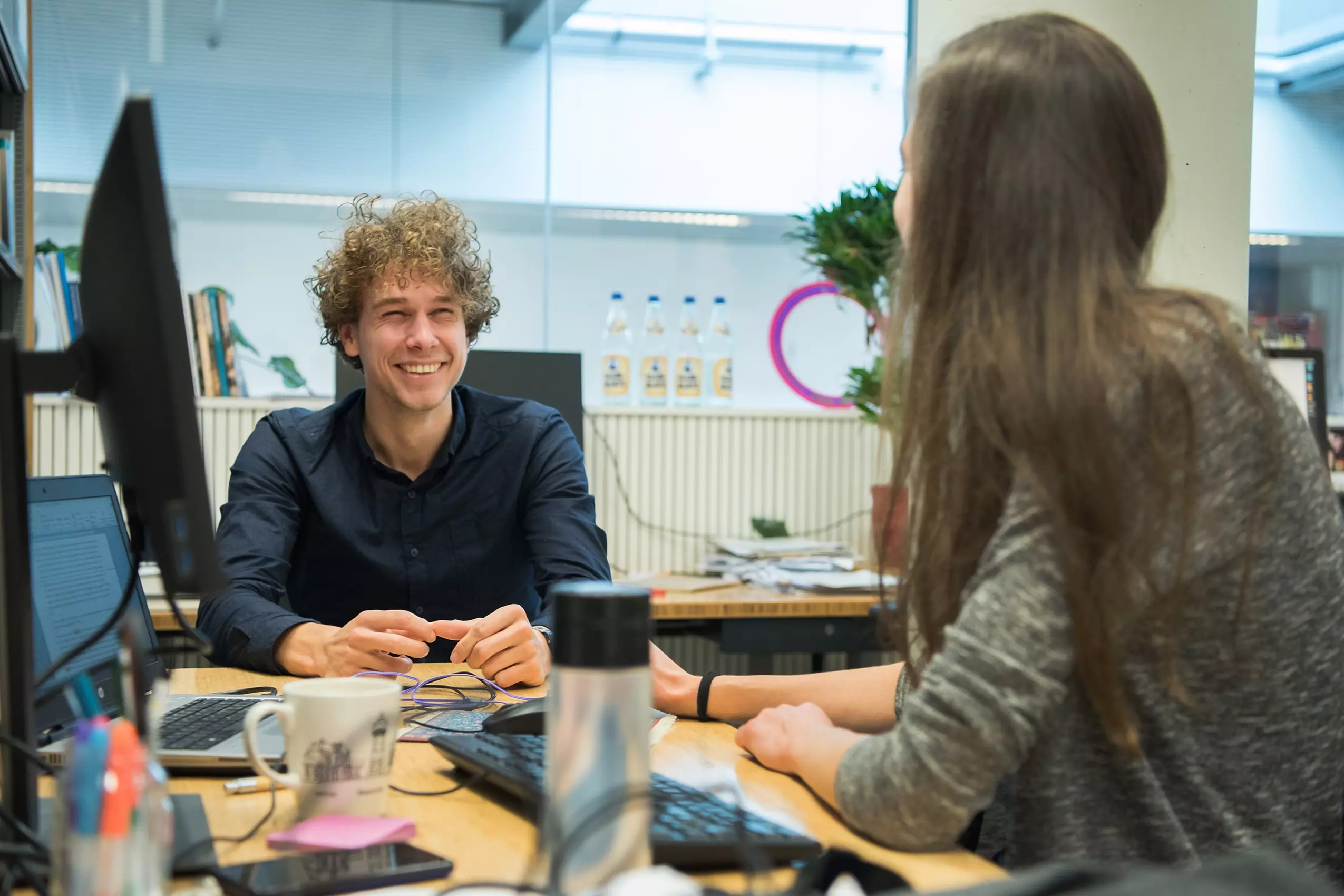Not found

More vacancies
.jpg)
PhD Position on Improving Social Media Using Large Language Models
- Faculty of Science
- €3.059 - €3.881
- Closes on06-09-2025
- Master's
- 38 hours
The Institute for Logic, Language and Computation (ILLC) at the University of Amsterdam is inviting applications for a fully funded PhD position in the NWO VIDI project "Improving Social Media Using Large Language Models."
View vacancy
.jpg)
PhD Candidate in Machine Learning and Molecular Modelling of Drug Design
- Faculty of Science
- €3.059 - €3.881
- Closes on22-08-2025
- Master's
- 38 hours
Are you a highly motivated MSc graduate with a strong affinity for machine learning and molecular modeling of drug discovery? The AI for Chemistry group, headed by Associate Professor Bernd Ensing, is looking for a curious and ambitious PhD candidate to work on the development of machine learning methodology for drug discovery in a collaborative project within a consortium led by the Vascular Cell Biology group of Prof. Jaap van Buul and connected to the Molecular and Material Design Technology Hub of the Faculty of Science.
View vacancy

PhD Candidate in Experimental Biological Physics of Cardiovascular Systems
- Faculty of Science
- €3.059 - €3.881
- Closes on17-08-2025
- Master's
- 38 hours
Are you intrigued by the physical mechanisms that drive biological processes? Are you passionate about using microscopy, experimental biophysics, and image processing to understand cell and tissue behaviour under mechanical stimuli? Then this might be the ideal position for you! Fluidlab at the Institute of Physics (part of the Soft Matter Group and the Van der Waals-Zeeman Institute) specializes in Biological and Synthetic Active Matter, Complex Fluids, and Multiphase Flows. employs a multidisciplinary approach, integrating theoretical modelling, computational simulations, and cutting-edge experiments, to unravel the fundamental physics of complex fluid dynamics and living biological systems.
View vacancy
This website uses cookies
We, and third parties, use cookies on our website. We use cookies to ensure that our website functions properly, to store your preferences, to gain insight into visitor behavior, but also for marketing and social media purposes (showing personalized advertisements). By clicking 'Accept', you agree to the use of all cookies. In our Cookie Statement. you can read more about the cookies we use and save or change your preferences. By clicking 'Refuse' you only agree to the use of functional cookies.
